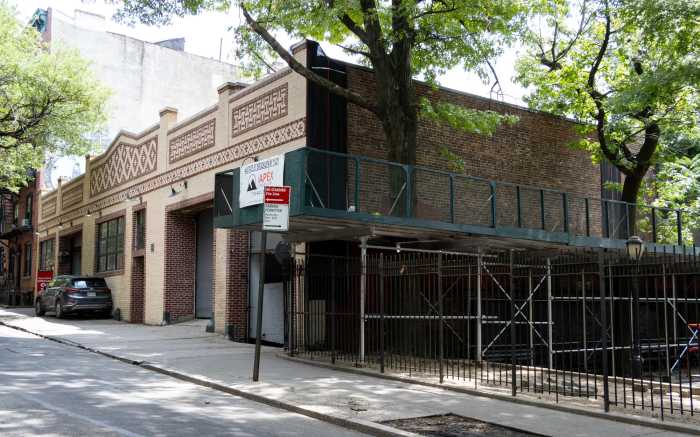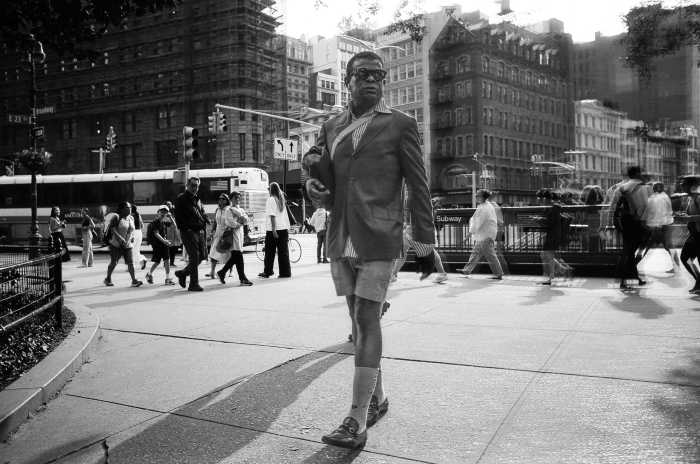Opponents to Bruce Ratner’s Atlantic Yards have unveiled a new legal strategy that could bolster their battle against the state’s use of eminent domain to make way for the mega-development, legal experts said this week.
In new court papers submitted earlier this month, attorneys Jeff Baker and Matthew Brinckerhoff argued that the Empire State Development Corporation broke its own rules when it ruled on Dec. 8 that the area around Ratner’s Prospect Heights development site was “blighted” and could be condemned.
That date is more than 90 days after the state’s Aug. 23 public hearing on the project — an apparent violation of the rule that a blight determination must be made “within 90 days of … the public hearing.”
“They blew it,” Baker said. “The state violated the 90 days and anyone looking at a calendar can see that.”
The new argument now joins Baker and Brinckerhoff’s original charge, namely that ESDC improperly condemned and seized private property to pave the way for a $4-billion project that benefits one developer: Bruce Ratner.
Baker and Brinkerhoff, who represent 12 people and one Prohibition-era bar that will be displaced if the project moves forward, were on the right track with the new argument, experts said.
“Now they are saying there is a procedural defect, in addition to the substantive ones,” said Dana Berliner, a co-counsel on the Supreme Court’s watershed case, Kelo v. New London, which upheld the right of governments to seize property for new private development as long as the project served a public purpose.
The focus on a tightly defined procedural glitch could help the complex, highly politicized case, added Michael Rikon, an attorney who specializes in eminent domain cases.
“Often, the clear-cut complaint that takes issue with [specific regulations] are the most fruitful before a judge,” said Rikon.
Attorneys for Ratner and the state declined to comment on the latest charge. A judge will hear the opening arguments from both sides on Feb. 7 in Brooklyn’s federal court.
























